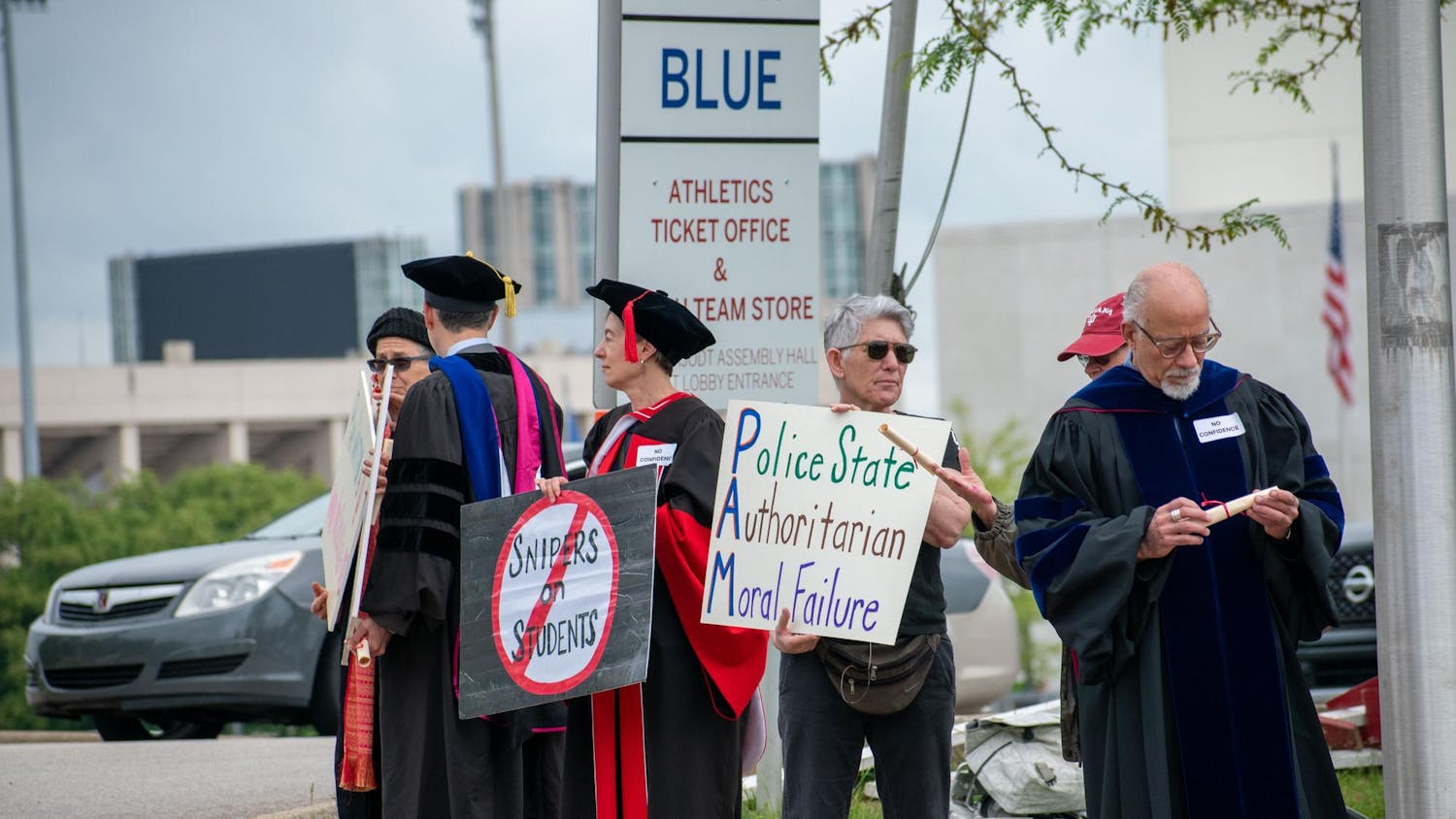After Auschwitz, to write poetry is barbaric, a philosopher once concluded. A long line of poets and novelists have thought otherwise, and on Thursday, the Nobel Prize in literature went to Imre Kertesz, a Hungarian novelist and Auschwitz survivor. \nHonoring the 72-year-old Budapest Jew for his uncommon, single-minded gift for saying the unsayable, the Swedish Academy singled out his 1975 debut novel, "Sorstalansag" ("Fateless"), about a young man who is taken to a concentration camp but conforms and survives. \n"For him Auschwitz is not an exceptional occurrence," the academy said. "It is the ultimate truth about human degradation in modern experience." \nKertesz was deported in 1944 to Auschwitz in Nazi-occupied Poland, then to the Buchenwald concentration camp in Germany, where he was liberated in 1945. Of the 6 million Jews killed in the Holocaust, some 600,000 were Hungarian. \nKertesz is the first Hungarian to win the award, worth about $1 million. \n"My immediate reaction is one of great joy. It means very much to me," he told The Associated Press in Berlin, where he is on a teaching scholarship. \nSince the end of World War II, writers and scholars have debated how to make art out of the Holocaust and whether they even can and should. "To write poetry after Auschwitz is barbaric," the philosopher Theodor Adorno wrote in 1949. \nKertesz was honored for writing "that upholds the fragile experience of the individual against the barbaric arbitrariness of history," in the citation by the Swedish Academy. \nWiesel, an Auschwitz survivor who won the Nobel Peace Prize in 1986, applauded the award. \n"He is a great writer," Wiesel said. "His style and his approach are of such high quality that he deserved to be given the highest prize in literature." \n"Fateless" was the first of a trilogy of novels reflecting on the Holocaust. In "Fiasco", published in 1988, an aging author writes a novel about Auschwitz that he expects to be rejected. When the book, to his surprise, is published, he feels only emptiness and a loss of privacy.
Hungarian author wins Nobel Prize
Nazi survivor wins for his poetry, novels
Get stories like this in your inbox
Subscribe





